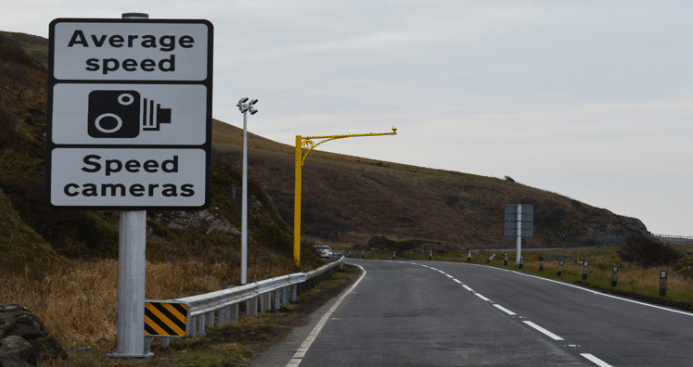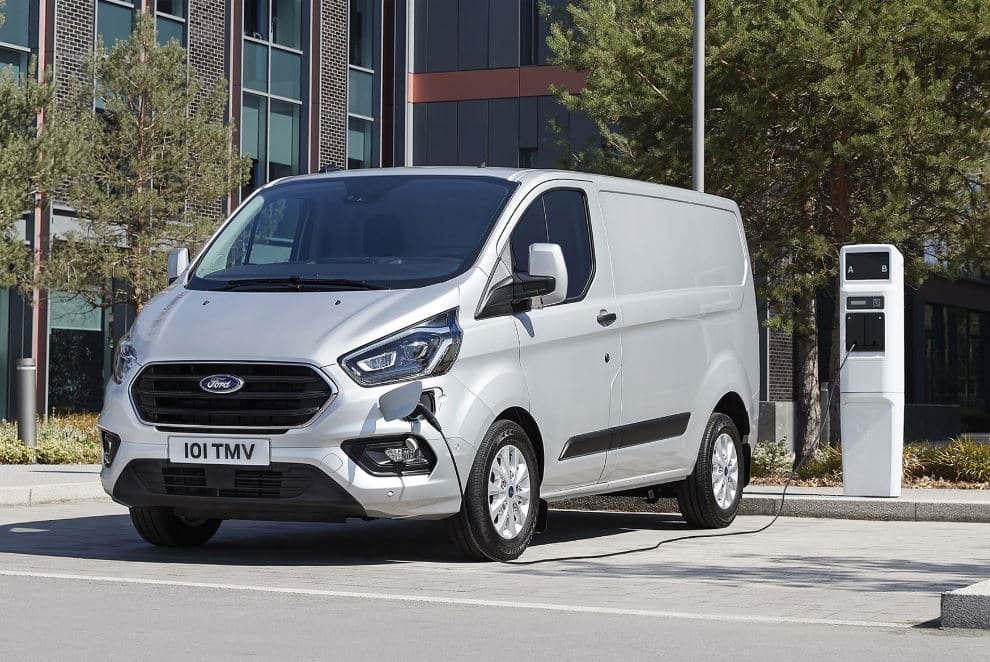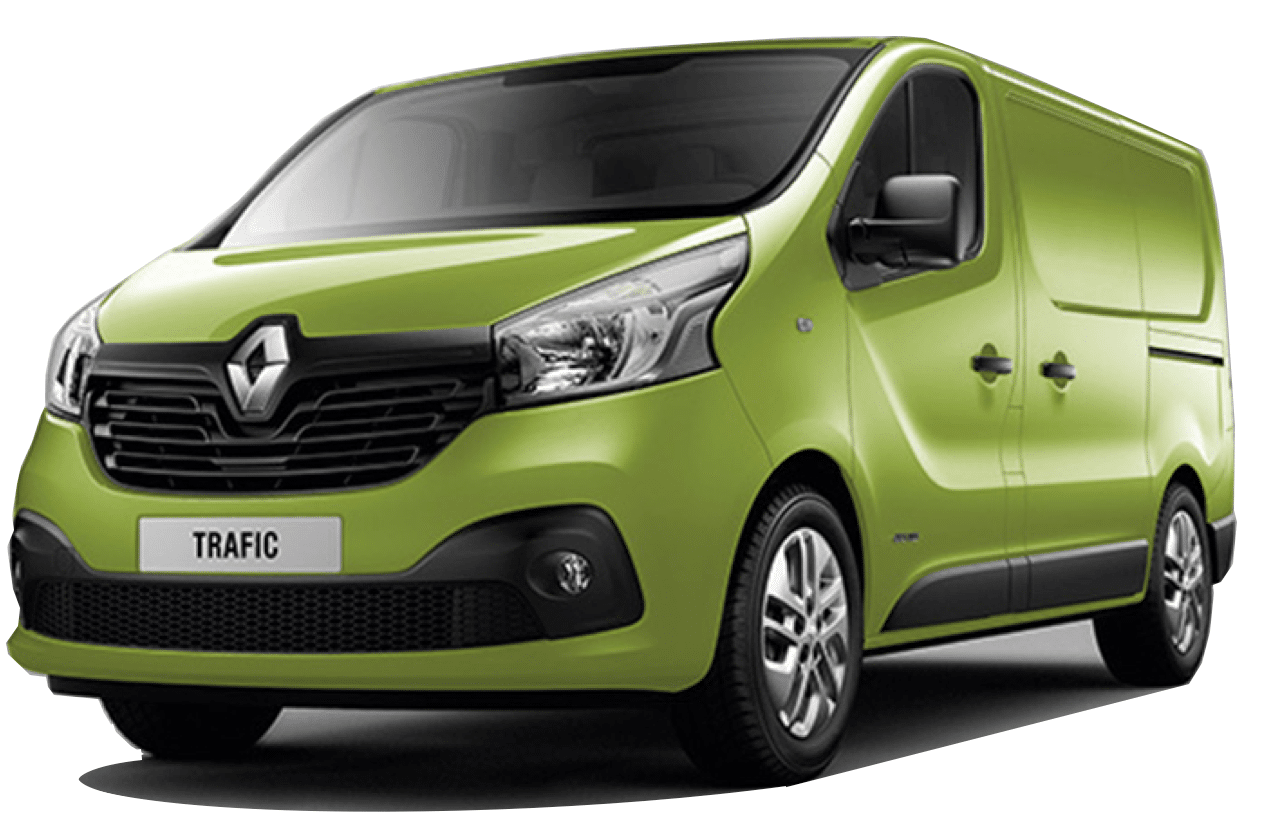Speed Limits in LCVs

Of course, we all know how important it is to keep an eye on our speed if we want to drive safely and minimise the chance of accidents. But if you’re used to driving a car – and now you’re leasing a light commercial vehicle – it’s vital to remember that different rules apply. So before you set out, make sure that you’re familiar with the right approach.
If you’re only carrying a light load, and your vehicle doesn’t weigh any more than 2 tons, you don’t need to worry about different restrictions – the same speed limits apply as if you’re driving a car. But for vehicles weighing between 2 and 7.5 tons, you can only drive up to 50 mph on single carriageways and on dual carriageways, a limit of 60 mph applies. On a motorway the limit remains at 70 mph, unless articulated or towing a tailor in which case the limit is reduced to 60 mph.

For goods vehicles more than 7.5 tonnes, in England and Wales, you can drive up to 50 mph on single carriageways and 60 mph on dual carriageways. However the speed limit on a motorway is reduced to 60 mph. Also, please be aware that for these vehicles different limits apply in Scotland!
See the government speed limit advice here.
The reason for this is simple – when you’re behind the wheel of a van, you’re driving a much more powerful vehicle. And if there’s an accident, you have the potential to do a lot more damage than the driver of a car. With those risks in mind, experts also recommend that you stick below 60 mph on motorways wherever possible – although the official limit is 70.
But if you’re driving long distances, how can you keep an eye on your speed? Although many people use their ‘sat nav’ to keep themselves in check, this won’t take into account the fact that you’re driving a van. Instead, make sure you regularly check your speedometer, and keep your eyes peeled for any signs that might indicate a change in the limit. Moreover, remember that limits are a maximum – it’s rarely essential that you travel that fast. The most important thing is to arrive safely, so make sure that you leave plenty of time for any long journeys you’re making by van. At RapidVans, we want all of our drivers to be safe on the roads. And if you’re looking to make the move to a bigger vehicle, we’ve got a fantastic selection of reliable and affordable van leasing packages – just get in touch to find out more on 01446 502955.


